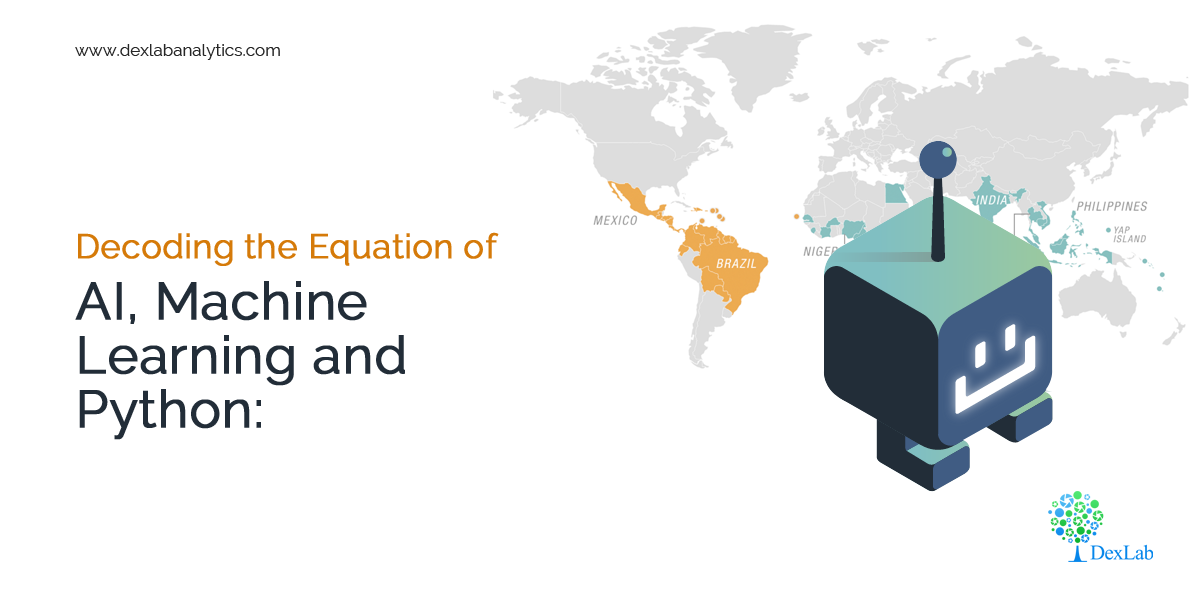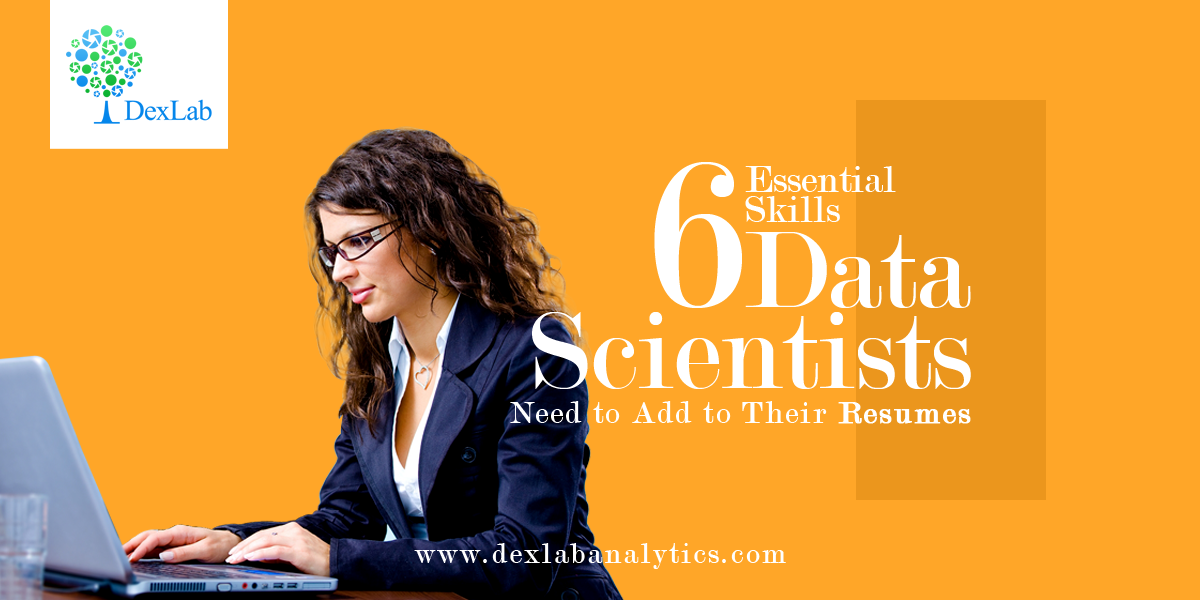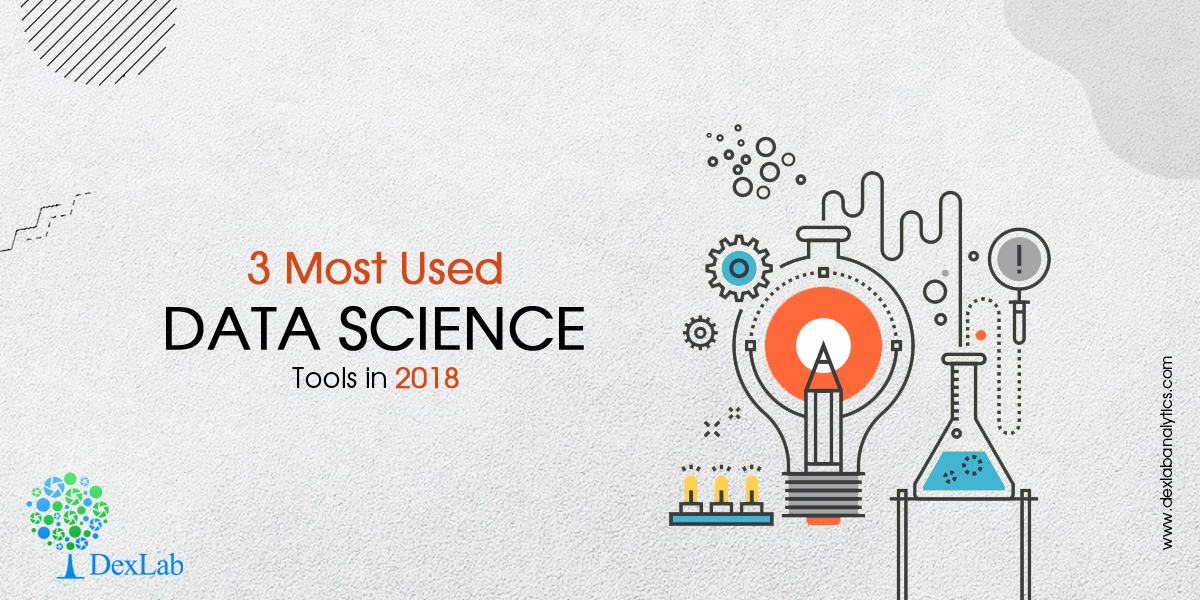
AI is an absolute delight. Not only is it considered one of the most advanced fields in the present computer science realm but also AI is a profit-spinning tool leveraged across diverse industry verticals.
In the past few years, Python also seems to be garnering enough fame and popularity. Ideal for web application development, process automation, web scripting, this wonder tool is a very potent programming language in the world. But, what makes it so special?
Owing to ease of scalability, learning and adaptability of Python, this advanced interpreted programming language is the fastest growing global language. Plus, its ever-evolving libraries aid it in becoming a popular choice for projects, like mobile app, data science, web app, IoT, AI and many others.

Python, Machine Learning, AI: Their Equation
Be it startups, MNCs or government organizations, Python seem to be winning every sector. It provides a wide array of benefits without limiting itself to just one activity – its popularity lies in its ability to combine some of the most complex processes, including machine learning, artificial intelligence, data science and natural language processing.
Deep learning can be explained as a subset of a wider arena of machine learning. From the name itself you can fathom that deep learning is an advanced version of machine learning where intelligence is being harnessed by a machine generating an optimal or sub-optimal solution.
Combining Python and AI
Lesser Coding
AI is mostly about algorithms, while Python is perfect for developers who are into testing. In fact, it supports writing and execution of codes. Hence, when you fuse Python and AI, you drastically reduce the amount of coding, which is great in all respects.
Encompassing Libraries
Python is full of libraries, subject to the on-going project. For an instance, you can use Numpy if you are into scientific computation – for advanced computing, you have put your bet on SciPy – whereas, for machine learning, PyBrain is the best answer.
A Host of Resources
Entirely open source powered by a versatile community, Python provides incredible support to developers who want to learn fast and work faster. The huge community of web developers are active worldwide and willing to offer help at any stage of the development cycle.
Better Flexibility
Python is versatile. It can be used for a variety of purposes, right from OOPs approach to scripting. Also, it performs as a quintessential back-end and successfully links different data structures with one another.
Perfect for Today’s Millennial
Thanks to its flexibility and versatility, Python is widely popular amongst the millennials. You might be surprised to hear that it is fairly easier to find out Python developers than finding out Prolog or LISP programmers, especially in some countries. Encompassing libraries and great community support helps Python become the hottest programming language of the 21st century.

Some of the most popular Python libraries for AI are:
- AIMA
- pyDatalog
- SimpleAI
- EasyAI
Want to ace problem-solving skills and accomplish project goals, Machine Learning Using Python is a sure bet. With DexLab Analytics, a recognized Python Training Center in Gurgaon, you can easily learn the fundamentals and advance sections of Python programming language and score goals of success.
The blog has been sourced from ― www.information-age.com/ai-machine-learning-python-123477066
.



